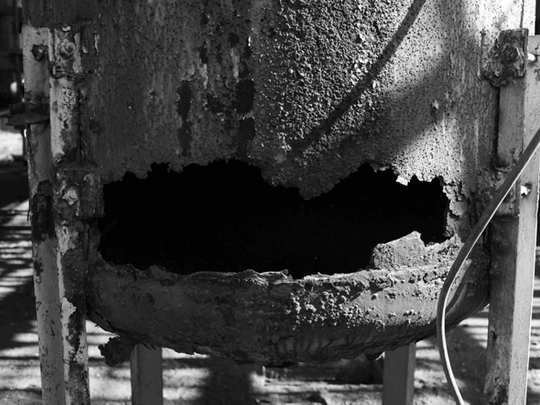
A court on Monday found the Indian unit of US chemicals firm Union Carbide guilty of negligence and sentenced seven Indian former employees to two years in jail over one of the world's worst industrial accidents that killed thousands in 1984.
Here's all you need to know about the issue
What happened?
In the early hours of December 3, 1984, a pesticide factory owned by U.S. multinational Union Carbide accidently released about 40 metric tonnes of deadly methyl isocyanate gas into the atmosphere in the central Indian city of Bhopal.
The wind carried the gas to surrounding areas -- mainly densely populated slums -- exposing around half a million people. People woke up coughing and vomiting and many reported a severe burning sensation in their eyes and chest.
Panicked residents fled the area and many died in the stampede to get as far away from the factory as possible. Doctors say those who ran inhaled more gas than those who had some means of motorised transport.
How many people were affected?
The government says the disaster killed around 3,500. But activists calculate that 8,000 people died in the immediate aftermath and thousands more have died of illnesses related to gas exposure in the years that followed. They say a total of 25,000 people have died since 1984.
Activists and health workers say a further 100,000 people who were exposed to the gas continue to suffer chronic health problems today.
Sicknesses range from cancer, blindness, respiratory difficulties, immune and neurological disorders, female reproductive disorders as well as birth defects among children born to affected women.
Why are people still protesting after 26 years?
Affected communities say the compensation given was based on government figures from the immediate aftermath that were grossly under-estimated.
They say people are still dying due to the ill effects of the gas. Survivors are demanding that Dow Chemical, which later bought Union Carbide, pay more equitable relief to the tens of thousands who continue to suffer.
Activists and lawyers say the plant site has not been cleaned up and thousands of tonnes of toxic chemical waste have seeped into the soil over the years, contaminating groundwater that is drinking water for around 20,000 people.
What are affected communities demanding?
A civil case is being fought in the United States against Dow Chemical and lawyers are demanding that the company pays to clean up the site, fix the water supply and give compensation to those suffering the effects of drinking the water.
A criminal case is pending against the then CEO of Union Carbide, Warren Anderson, whom lawyers say is responsible for the disaster and the contamination of the soil and water around the factory. There is a warrant for Anderson's arrest in India.
What does Dow Chemical say?
Dow Chemical says it has no responsibility for Bhopal. It says it acquired its shares of Union Carbide in 2001, more than a decade after Union Carbide settled its liabilities with the Indian government.
It says efforts by activists and non-governmental organisations to try to attach responsibility and liability for the site clean-up to Union Carbide and Dow Chemical are misdirected.
It adds that it has no first-hand knowledge of what chemicals, if any, may remain at the site and what impact, if any, they may be having on the area's groundwater.
The company says that when the Indian government took control of the site in 1998, it assumed all accountability, including clean-up activities.












